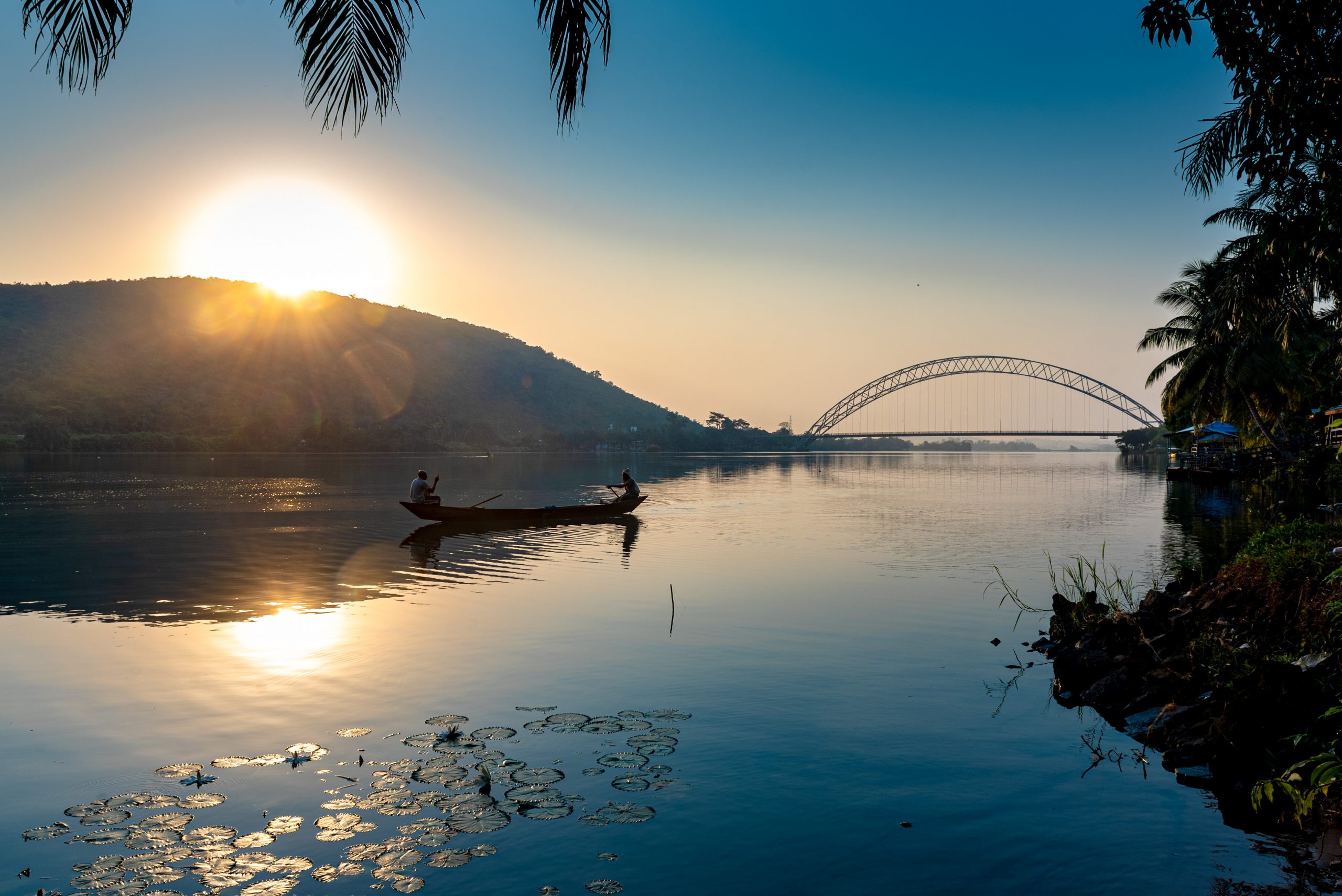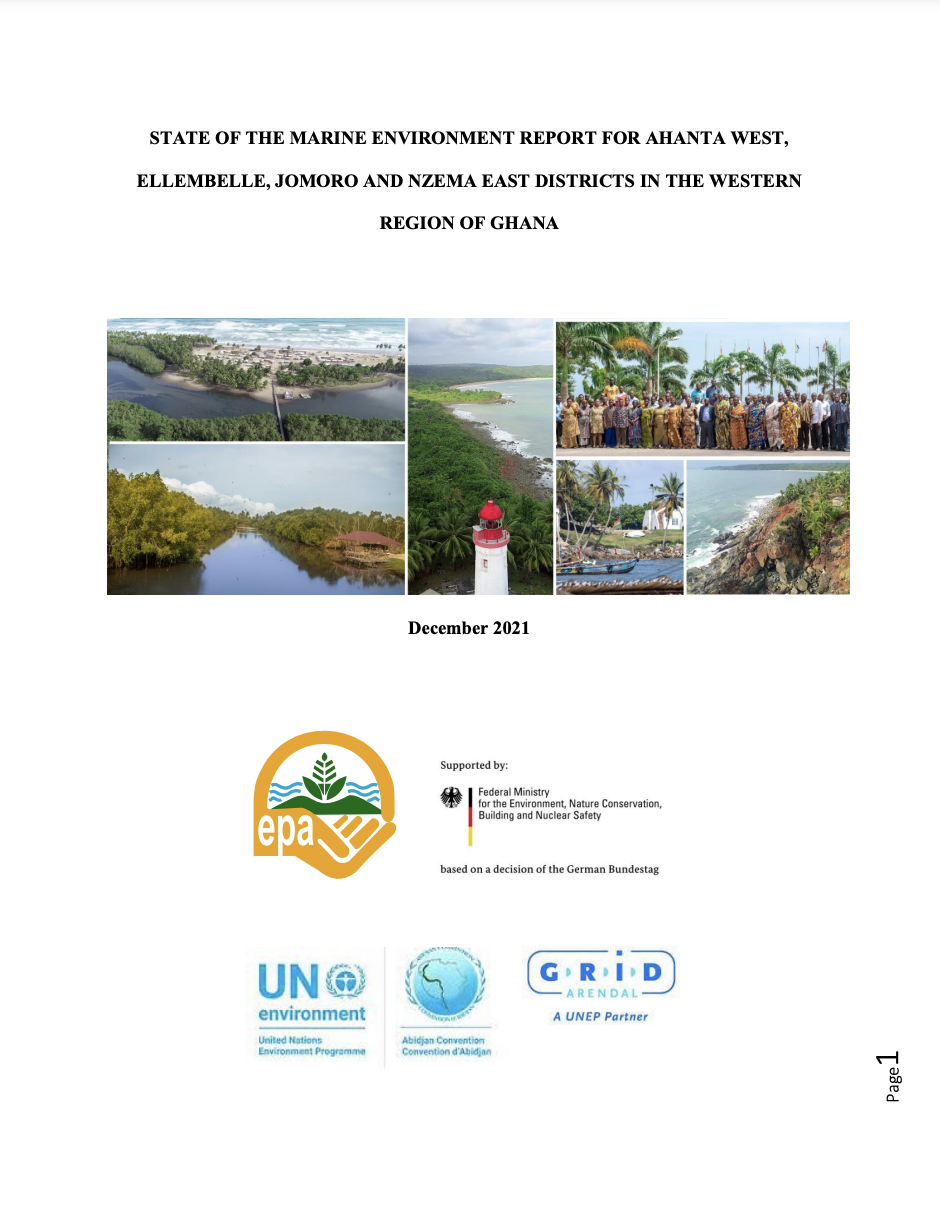The State of the Marine Environment Report for the Western Region of Ghana
Ghana’s Environmental Protection Agency (EPA) published the State of the Marine Environment Report for Ahanta West, Ellembelle, Jomoro and Nzema East Districts of the Western Region of Ghana in December 2021.
The report provides an overview of the current state of the marine and coastal environment in the Western Region of Ghana, detailing how the status and health of marine and coastal resources have been, and are being, impacted by a range of natural and human pressures and revealing environmental pressures from sources such as fisheries, offshore hydrocarbon exploitation, plantation development, sand mining, sea defence infrastructure, shipping, submarine cables and pipeline installations, tourism and recreation, and waste generation and disposal (marine debris and plastics).
The report suggests that the environmental quality of the marine and coastal environment of Western Ghana has been on the decline.
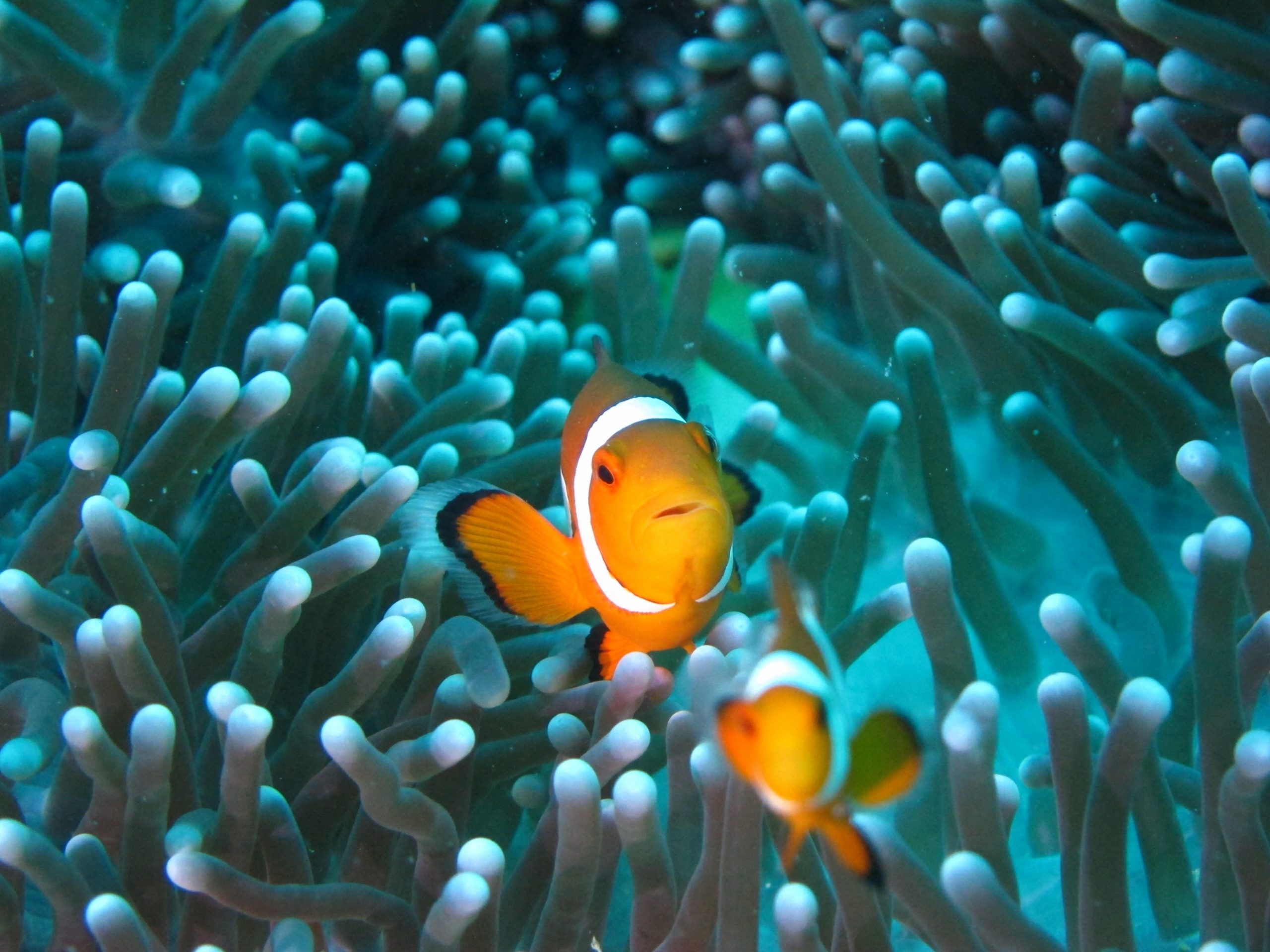
The report emphasises the need for and identifies the areas in which there is a need for conservation.
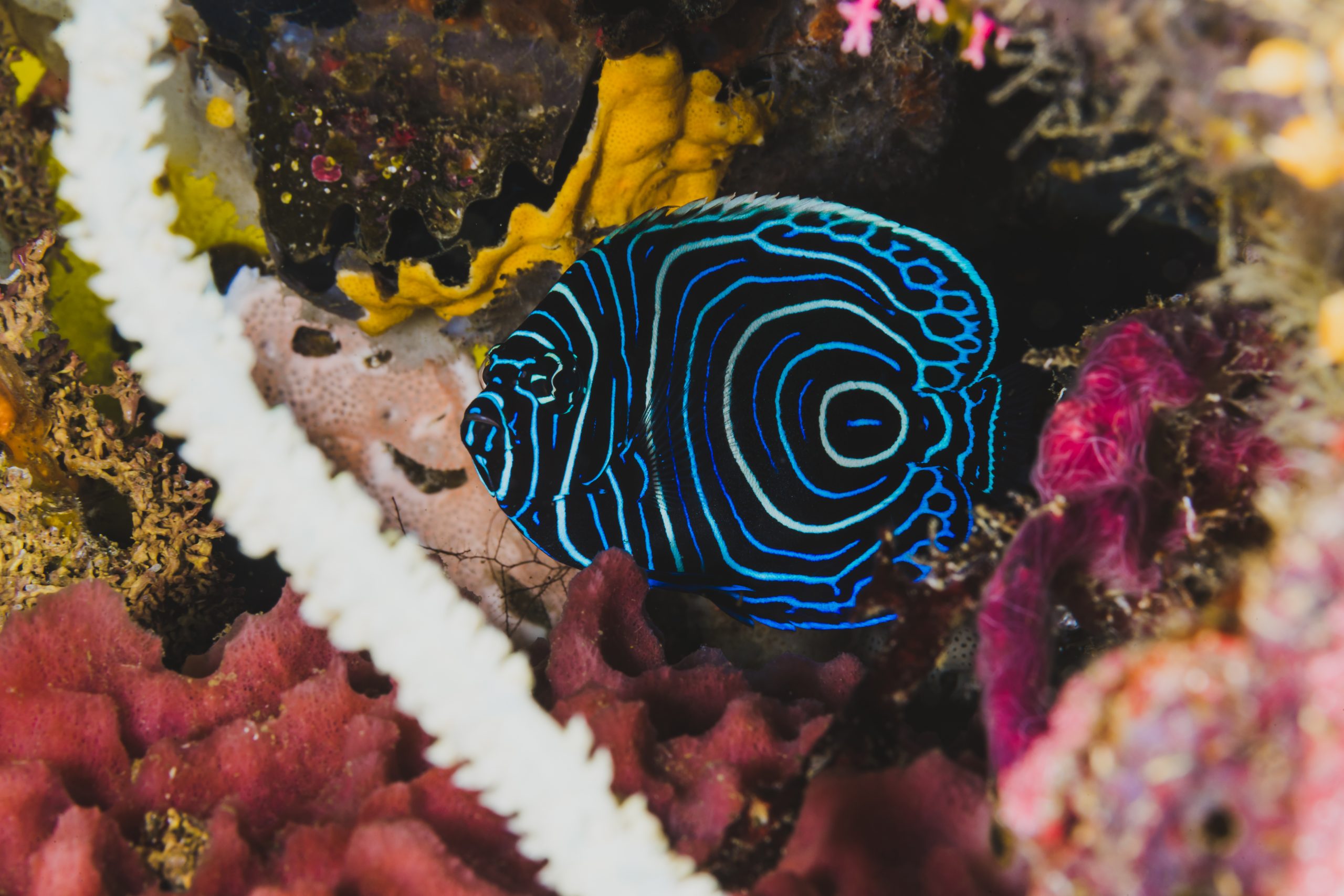
The report creates a clear framework for continued action.
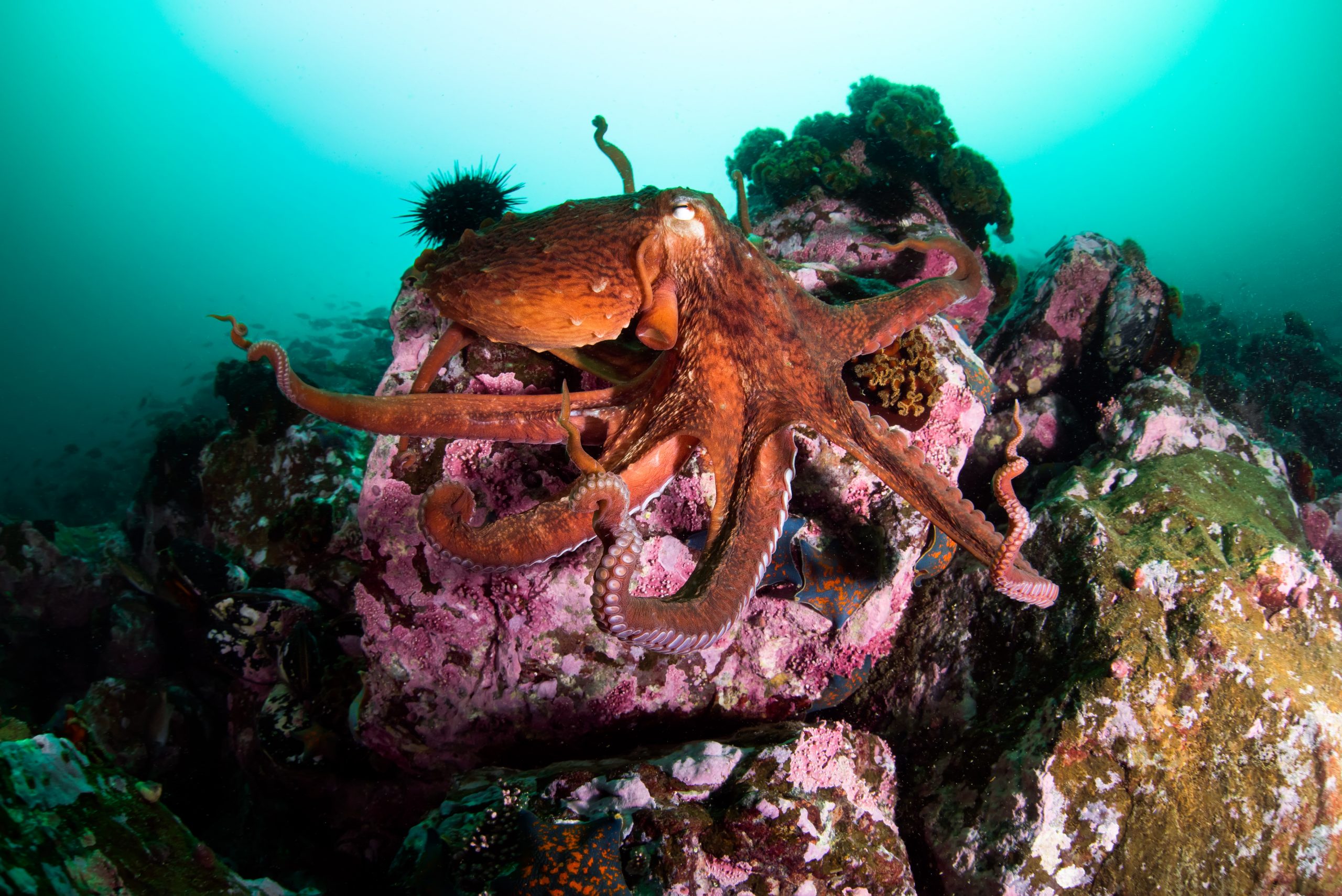
The report makes a clear call for effective collaboration among regulators, researchers, industry players and coastal communities, including traditional authorities, to manage resource exploitation.
Challenges
While there were difficulties associated with developing the report, potential future challenges in implementation were also highlighted as part of the report.
When gathering the data, issues included finding and reaching out to the right institutions, as well as ensuring that the data provided were accurate.
Potential challenges associated with implementation may include ensuring that stakeholders are held accountable for their commitments to create change that prevents further stress from being put on the environment—in other words, ensuring an active response to the report by all relevant stakeholders.
Recipe for Successful Implementation
The report, which was based on available primary and secondary information, was possible thanks to the exemplary collaboration and involvement of relevant stakeholders who help manage Ghana’s marine and coastal environment.
To carry out this assessment, the EPA wrote to key institutions involved in the management and regulation of marine and coastal resources encouraging them to nominate officers to participate in the working group. Nominating officers and creating direct contacts allowed for questions to be directly answered, enabling transparent and quick generation of available knowledge.

